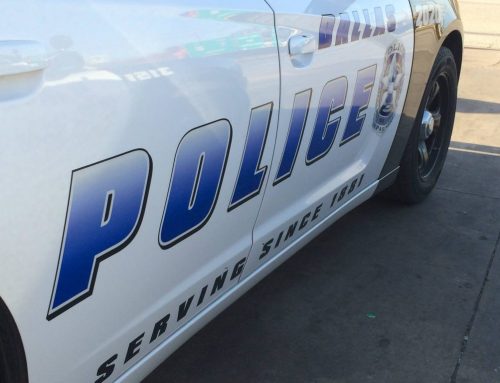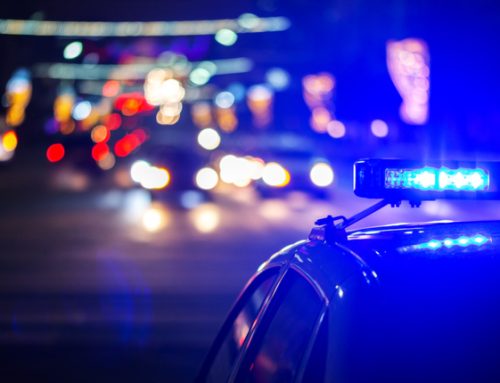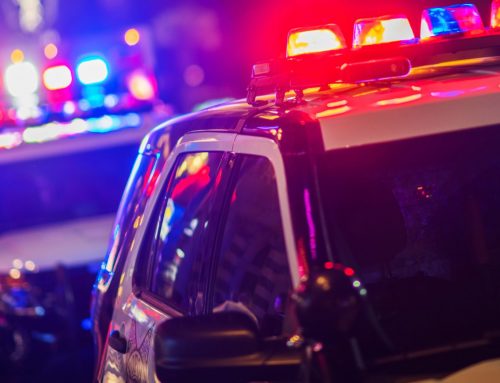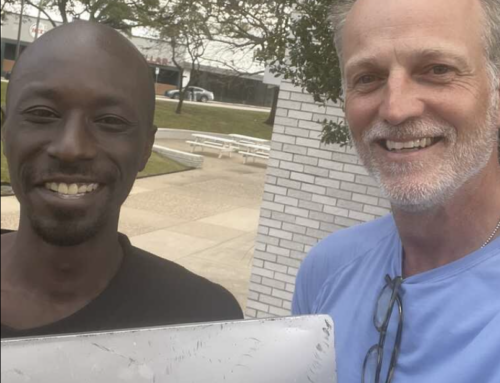Q: I’ve lived in my home for more than 20 years, and recently it was burglarized for the first time. Some of the stolen items had identifying marks, and I have been able to locate them. Can I use this information to help police catch the criminal(s)? What can I expect from police in terms of follow-up?
A: If an owner can positively identify stolen property, the detective can seize the property. If the property is recovered from a pawnshop, the victim has the option to purchase his property back at the price paid by the pawnshop, or schedule a magistrate’s hearing. During the hearing, the property owner must be able to prove ownership. Using identifiable markings such as a driver’s license number or other unique markings can accomplish this. The magistrate will then decide ownership. If stolen property is recovered from a business other than a pawnshop, the detective can seize the property for return to the victim.
The process of identifying and recovering property is often more difficult than a victim is prepared for. An owner can look at property and believe it to be his because of a scratch, blemish or appearance he is accustomed to seeing. This type of identification is generally not sufficient to recover property or file a criminal charge.
When a victim’s property has been identified, the detective will work to determine the identity of the person who sold the property. While this would appear to be an easy task, suspects who pawn or sell stolen property often use false or stolen identification to cover their crimes. A positive identification of the suspect is required before a criminal case can be filed.
We approach all investigations seriously with the goal of recovering stolen property as well as identifying and apprehending suspects for prosecution. It is often a difficult and time-consuming process for the victims and police.
I don’t want to be one of those people tying up the 911 operators. What qualifies as an emergency and warrants dialing 911? When should I simply call 311 or my local police station?
Anytime you need police, fire or ambulance services from the city of Dallas, you should feel comfortable calling 911. Everyone involved in the delivery of service from the City of Dallas wants you and your neighbors to feel confident that if you need us, we will respond. To help with that, the system is set up to accept any phone call dealing with an immediate need, which includes any time you are a victim.
If your call doesn’t meet the criteria for an emergency, you will be transferred to the appropriate city department. 311 is used for non-emergency service delivery from city departments, including police and fire. Your local police substation is available to answer any question involving the Dallas Police Department, but calls for service are not dispatched from those substations.
All of the 911/311 operators are “cross-trained” to handle any call, so please don’t hesitate to call if you need us. I would encourage you to take a tour of the 911/311 operation center to better appreciate what an outstanding job those folks do. We look forward to serving you and your neighbors any way we can.




